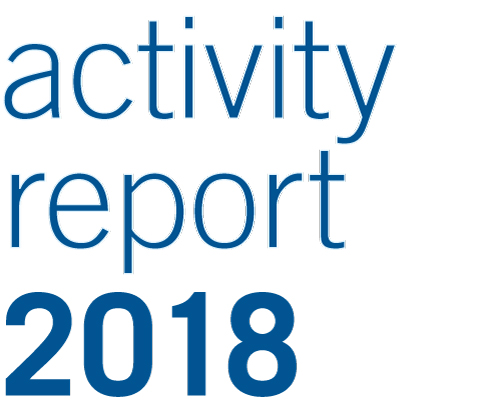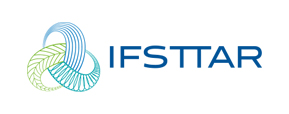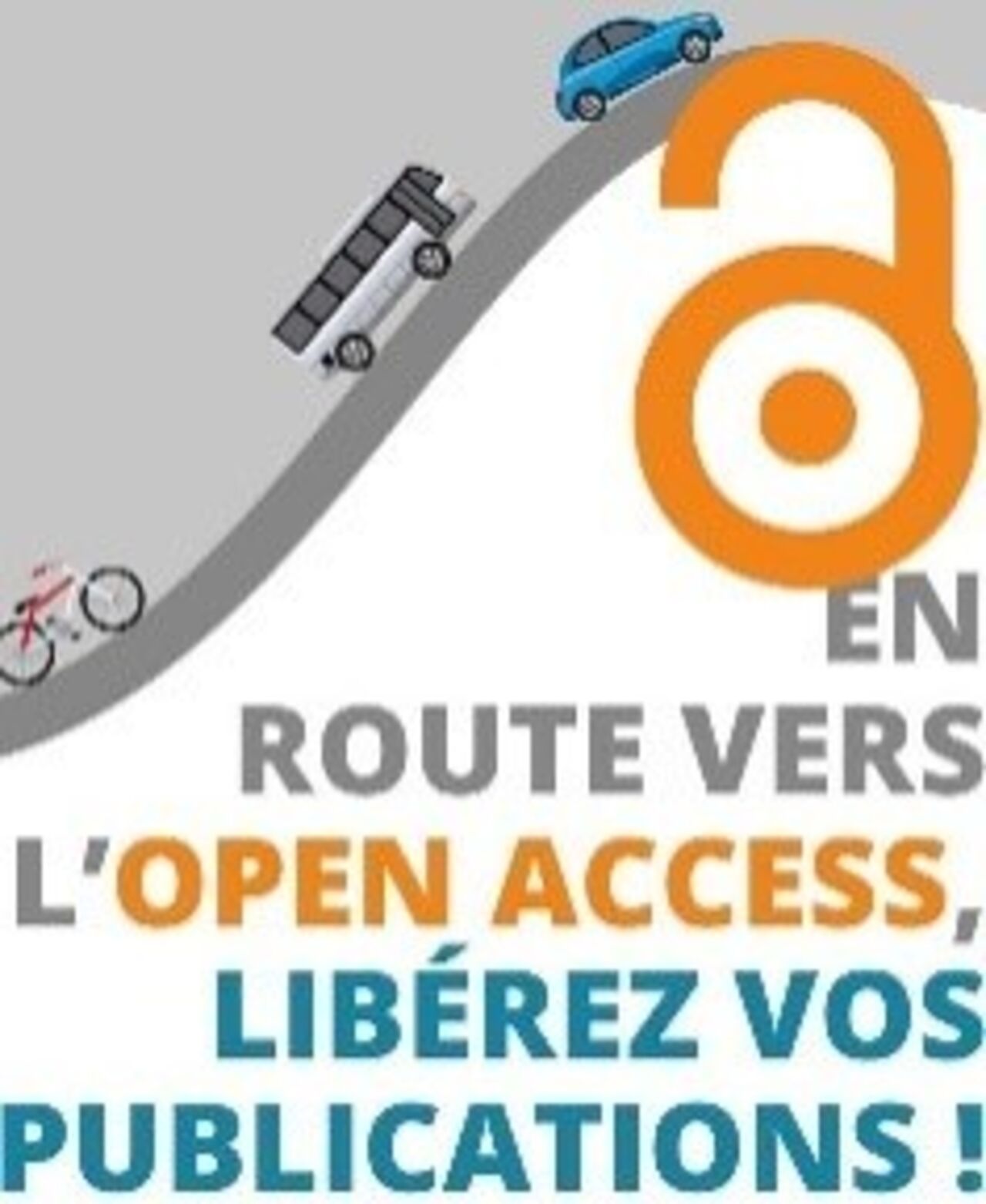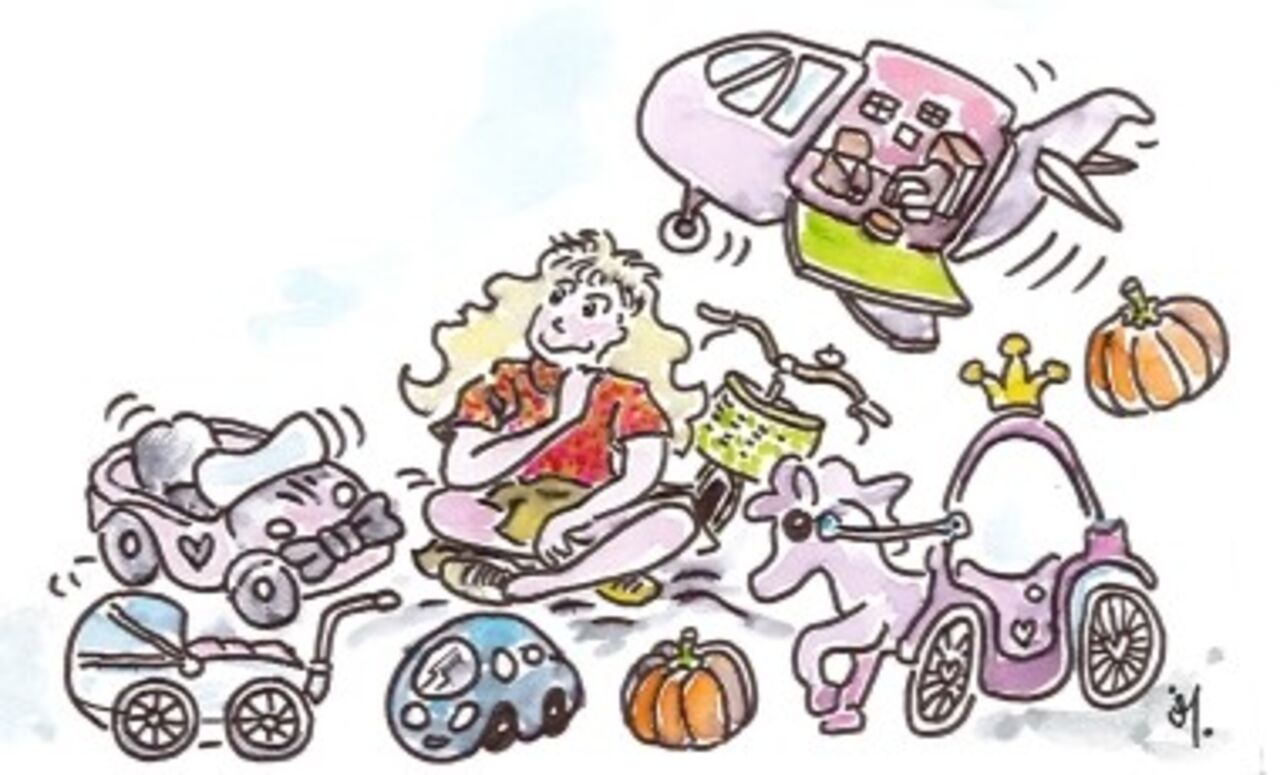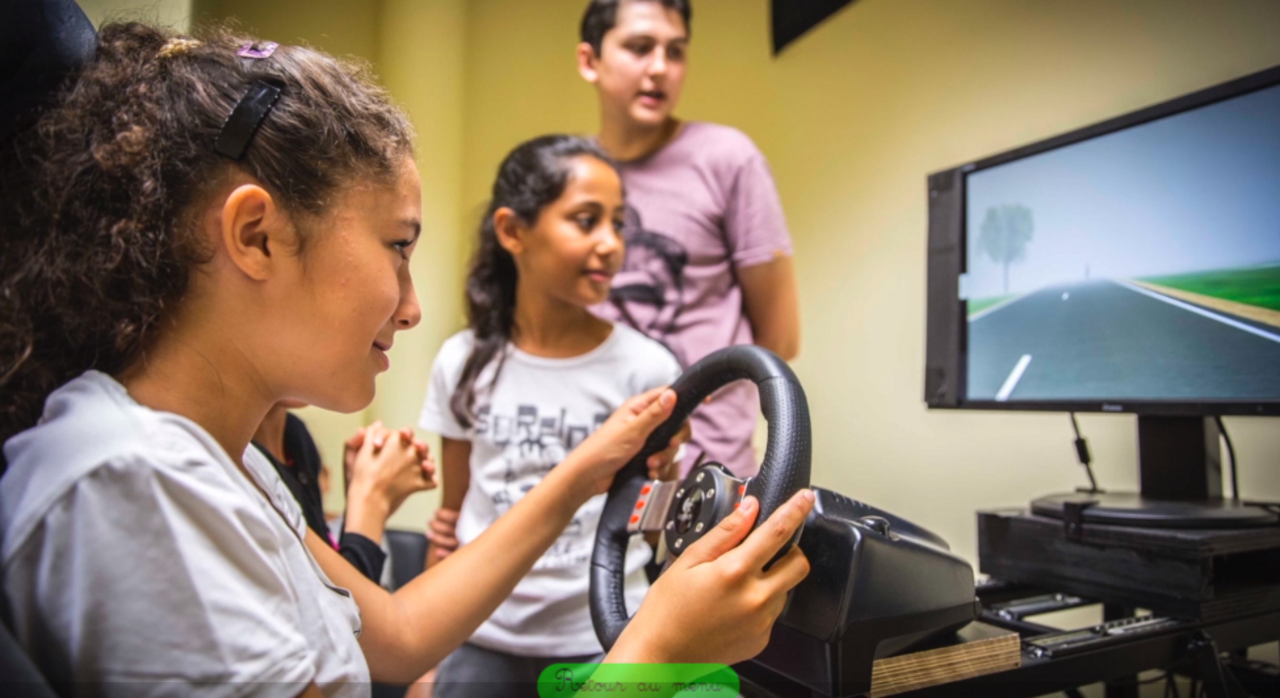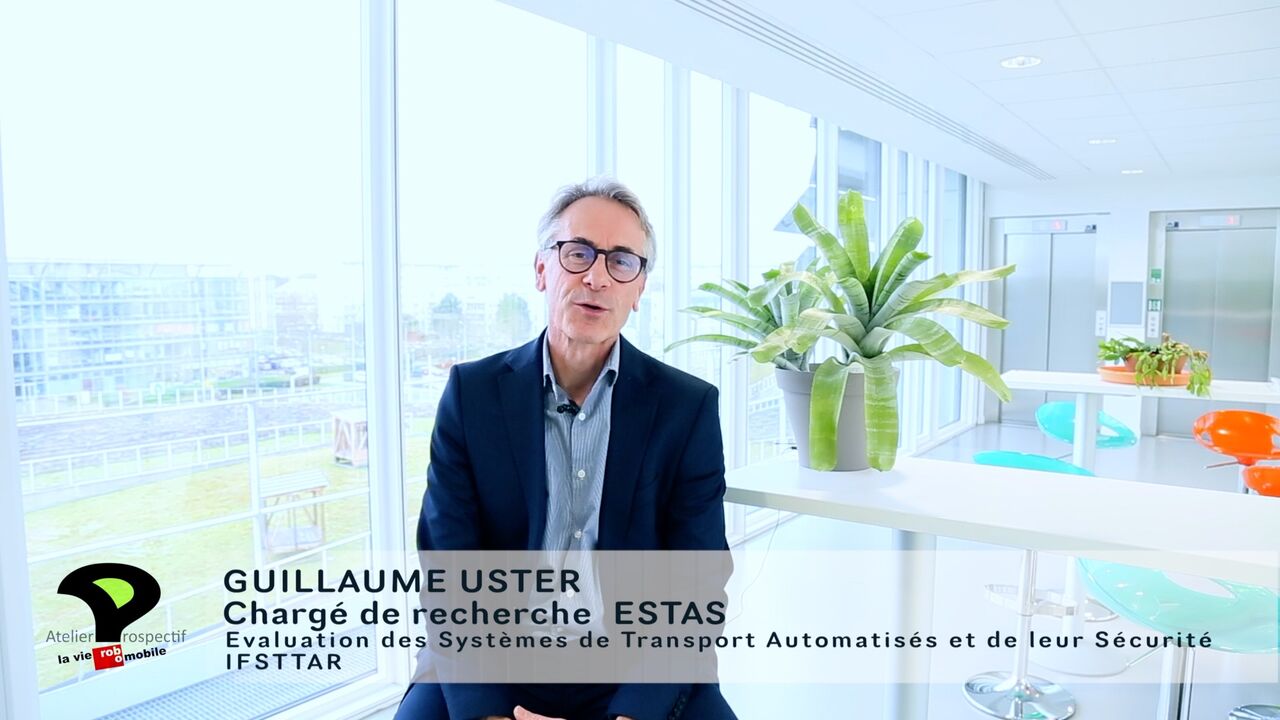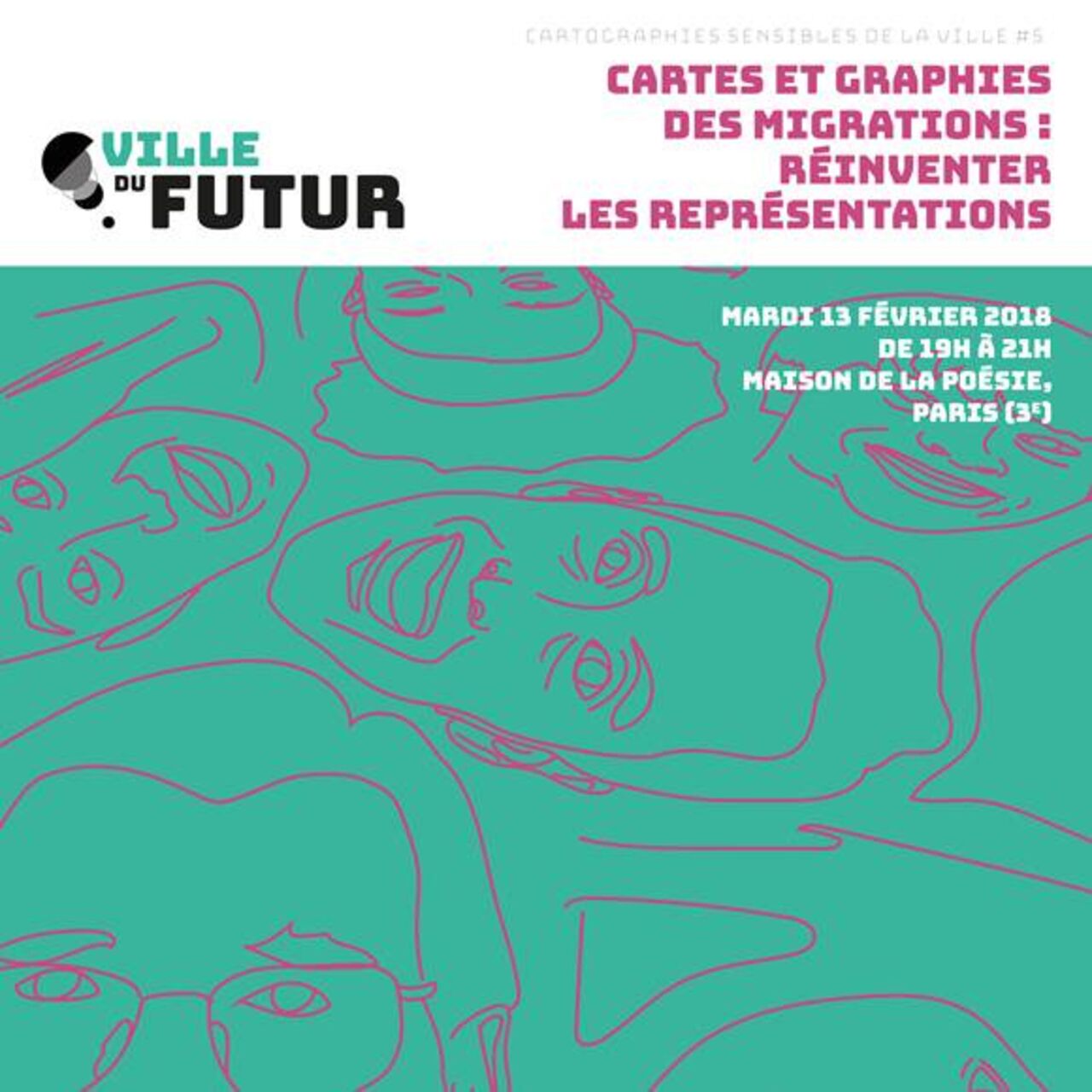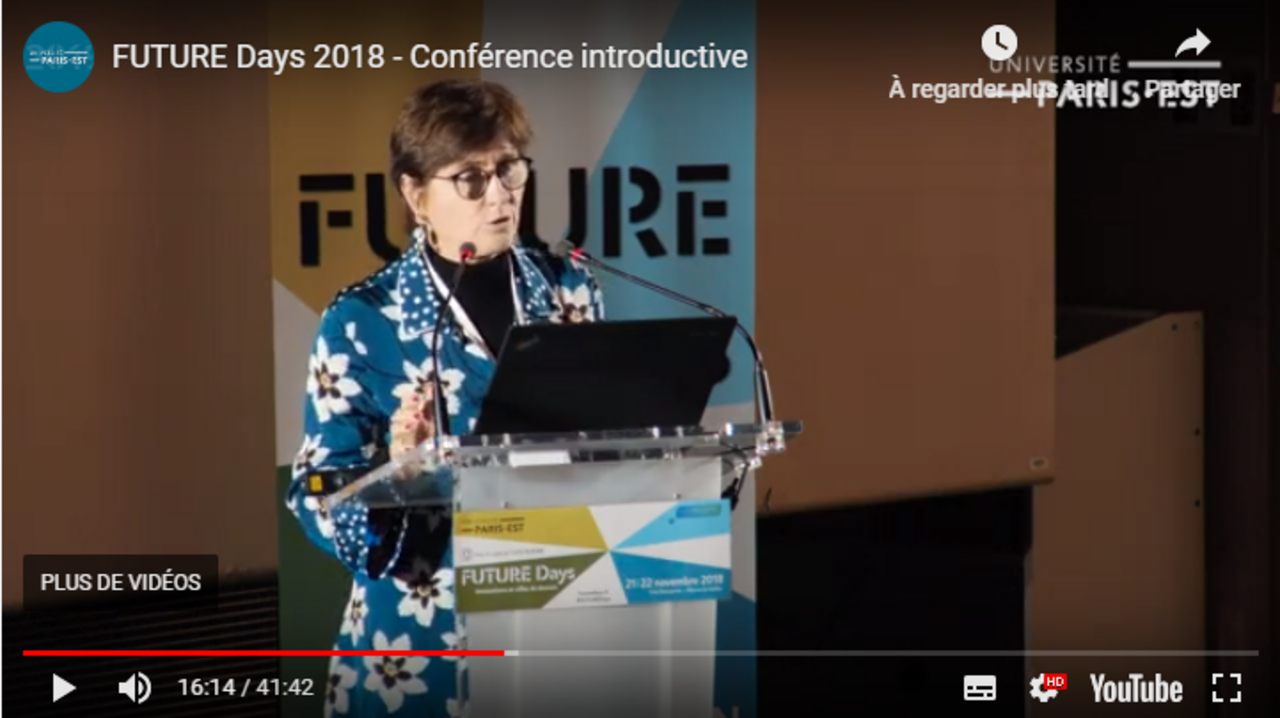Research that is open to society
Because its function is to serve society, IFSTTAR's research must be made accessible so it can be disseminated and transmitted to all our fellow citizens.
Open access and research data
IFSTTAR promotes open science by taking measures that address the two main areas defined by the national open science plan: open access to research publications and data.
IFSTTAR is thus pursuing its policy of open access distribution of its researchers' publications. It implements the provisions of Article 30 of the Digital Law allowing the "postprint"* version of articles to be deposited in an open access archive. In 2018, the percentage of articles published in international peer-reviewed journals the year before with open access availability in the "Madis" institutional archive had risen to 56% compared to 34% in 2016. To achieve such a result, an open access culture must be fostered among researchers, which requires targeted communication activities, in particular an Open Access week. In addition, 2018 was the first year of IFSTTAR's membership of DOAJ, the Directory of Open Access Journals.
* The version that exists after the authors have taken account of the comments of the reviewers and the paper has been accepted by the editorial committee.
Opening up research data also means that researchers must be supported. Standards and requirements for the management and openness of research data are increasing in number and are impacting research laboratories. In order to inform them about these developments, a data management policy has been put in place and disseminated within the institute via a dedicated intranet area. As far as "dissemination" is concerned, this policy outlines the situations in which research data can be disseminated as open data and the best practices for making it easy to find, accessible, interoperable and reusable by the scientific community and citizens. An open access institutional data warehouse and support are available to researchers to help them in their open access project. Above and beyond data openness, researchers can also be supported through all stages of the data lifecycle: collection, storage, archiving, as well as the planning of data management both upfront and throughout their project.
An editorial policy in favour of digital technology and open access
In line with its commitment to Open Science, since 1 January 2018, IFSTTAR has published the journal RTS (Recherche Transport Sécurité) exclusively in digital format and with open access on the HAL open archive. All the articles that have appeared in RTS since 2013 are also available in the collection HAL Recherche Transports Sécurité.
For IFSTTAR's collections, the open access publication of books under the Creative Common licence has become a standard that has been fully embraced by their authors, coordinators and readers. In 2018, the following titles were added to the collection:
Science for and with society
To facilitate the dialogue between science and society, a training course on the popularisation of science entitled "Adapting your scientific discourse to all audiences" has been available for the past two years to the Institute's scientific and technical staff. Twenty-seven researchers, doctoral students and technicians have received this training.
In order to share its scientific and technical knowledge, IFSTTAR's "Science Topics" collection has gained its 9th file, entitled Transport, Mobility and Security: a matter of gender? and another file Can concrete be green? has been updated. The science and society web space has acquired a new publication format, "Focus on", which consists of short articles on the latest scientific developments intended for the general public.
To reach younger audiences, stimulate their interest in science and foster their critical thinking, IFSTTAR has organised participatory workshops with the Gérard Philippe social and cultural centre in Bron and the association Imagineo. This gave an opportunity for about fifty children to share their innovative, insightful ideas. This is a source of inspiration for researchers that is to be discovered on the web documentary "The street shared by all its users – Children’s voices".
The web-documentary, an interactive narrative tool that exploits several media, is one of the institute's new multimedia dissemination formats: see also ”Heading for adventure with the autonomous vehicle”.
Among the year's most significant audio-visual productions was the video on the I-Site BioAdd exploratory project, entitled "Biomimicry and additive construction: What can we learn from bees? and a series of interviews conducted in the framework of the "Future-oriented workshop on automated mobility" which deals with the societal impact of the deployment of the autonomous vehicles.
Giving research a central place in current events and in the regions
As part of the Bron national scientific encounters (RSNB), two rounds of public meetings were held for a total of five annual conferences on the themes "Can the development of digital technology make the city sustainable, socially inclusive and citizen-friendly?" and "The city for all".
The cultural, scientific and geographical "City of the Future" project gained momentum in 2018. The series of lectures on "sensitive urban mapping", continued at the Maison de la poésie de la ville de Paris with two lectures. In February 2018, the evening event "Maps and graphics of migration: reinventing representations" was an event attended by a lecturer in architecture, a researcher in social geography, a writer and a choreographer.
In partnership with the University of Paris-Est, IFSTTAR and the Town Council of Champs-sur-Marne organised, as part of the “Future Days” in November 2018, a science and society meeting on the theme "Living in a digital world? Opportunities and challenges for the area and its inhabitants".
Launched by IFSTTAR and the Île-de-France Region through Arcadi, the "Future-oriented Ideas Laboratory” (Laboratoire d'Idées Prospectif" (LIP)) has brought together actors from the Descartes Campus and cultural players from Île-de-France to discuss the issue of the "cultural places of tomorrow". During the academic year 2017-2018, five participatory nomad workshops were held in innovative cultural spaces and led to the development of scenarios for 2040, which can be accessed on the blog http://lip.coopeo.co/.
Research ethics and scientific integrity
Supporting public policies such as opening up research to society requires the guarantee that research is ethical with regard to complex issues such as the digital transition or the emergence of the autonomous vehicle, and that the scientific integrity of the research conducted is ensured. To help achieve this, IFSTTAR has had a joint Ethics Committee with IRSTEA since 2015. The Institute has signed the national code of ethics for research activities (2015) as well as that on openness to society.
In 2018, the work of the Ethics Committee focused in particular on scientific integrity. On the basis of the recommendations of the Ethics Committee, IFSTTAR is seeking to put in place a scientific integrity policy based on the principle of "Prevent, warn, assist". Prevention and warning above all require information and awareness through the Institution's various bodies in order to involve all staff, first and foremost researchers. An Intranet page is also dedicated to scientific integrity. In 2018, a scientific integrity advisor was appointed, who also performs the same function for the UPEM.
